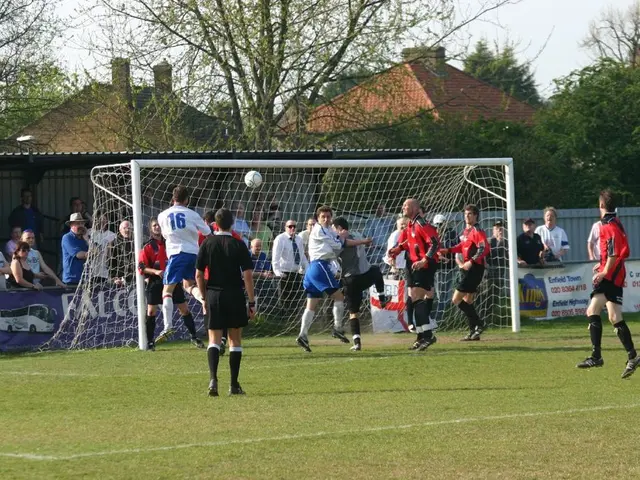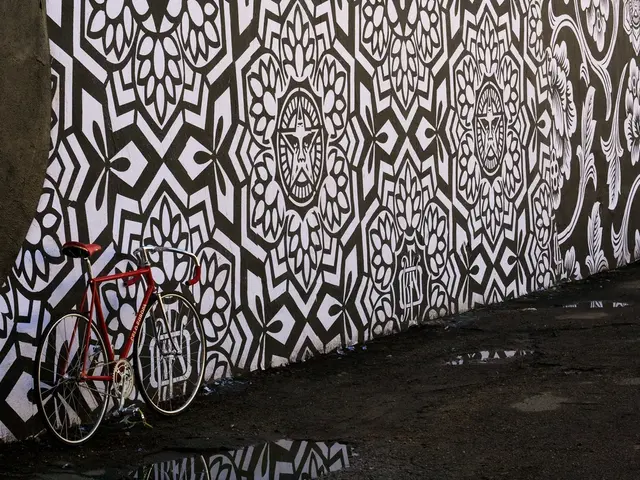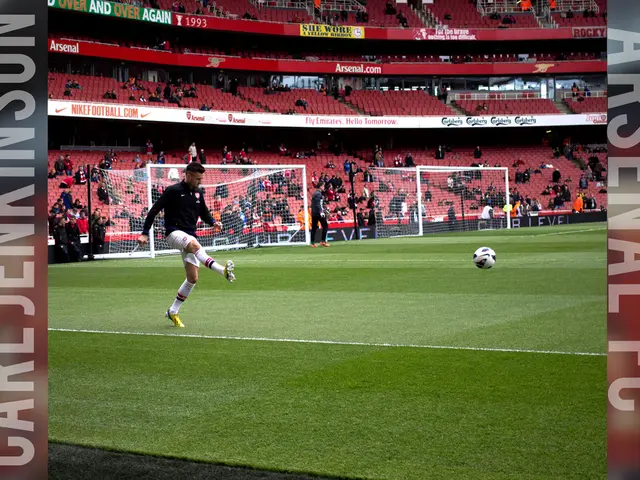Expansion of Gambling Laws: Proposals for Legalization of Casinos and Bingo in Brazil
New Opportunities Unfurl in Brazil's Gaming Landscape
Brazil is stepping into the gambling arena, and legislators are making a splash. Sen. Irajá sees this move as a "golden opportunity" for the country that could bring jobs, increased revenue, and enhanced public services like healthcare, education, and infrastructure [1][2].
The proposed bill lays out the ground rules for casinos, gaming machines, bingo, horse racing bets, and taxes pertaining to these activities [1][2]. According to the bill, gaming companies will pay two types of taxes and fees. For instance, casinos will fork over $100,000 every three months, bingo operators approximately $3,700, and there'll be a 17% tax on gross income. Furthermore, a 20% income tax will be levied on winnings exceeding $1,700 [1][2].
Casinos can set up shop in tourist resorts and entertainment complexes with a minimum of 100 rooms. They're also allowed on cruise ships with at least 50 cabins. Each state or federal district is capped at one casino, with exceptions like São Paulo, which can host up to three [1][2].
Bingo offices can sprout up in every municipality, with multiple offices permitted in densely populated cities at a rate of one office per 150,000 residents. Licensed companies can bump and run for 25 years, with the option to renew [1][2].
The document suggests one horse racing event organizer per 700,000 residents can accept bets on race results. Tour operators certified by the Ministry of Agriculture can also organize bingo games [1][2].
A new prohibited-players registry– Renapro – will be created for land-based operators to blacklist problem gamblers. The bill also outlines stiff penalties for playing unlicensed games or manipulating game results, including hefty fines and prison time [1].
Incidentally, Brazil legalized sports betting and online casino games in December 2021, with the green light slated for July [1]. Intriguingly, sports bettors will undergo biometric verification to confirm their identity [3].
Navigating the gambling license application process in Brazil involves a multi-stage procedure with stringent eligibility criteria and substantial financial commitments. Expect the journey to last around 8–12 months, with regulatory review taking up to 150 days [1][2]. To apply, establish a local entity meeting ownership requirements, implement responsible gambling, AML, and cybersecurity policies, undergo independent certification, and submit corporate, financial, and technical documents [1][2].
[1] Source: iGB (https://www.igtworld.com/news/brz)
[2] Source: Enrichment Data
[3] Source: In Brazil, sports bettors will undergo biometric verification (https://www.espn.com/esports/story/_/id/32603424)
[4] Source: esports authorization requirements (https://www.esportsobserver.com/brazil-esports-recognition-institutional-esports-commission/)
- What about the registration process for Brazilian operators looking to establish gambling businesses, such as casinos and sports betting platforms, particularly in light of the new prohibited-players registry – Renapro?
- Are there any specific rules for setting up Brazilian bingo offices or horse racing betting events, such as the cap on operators per population or the number of cabins required on cruise ships?
- In addition to casinos and bingo offices, are there any provisions in the bill for sports-related gambling activities, like sports betting, and if so, what are the requirements for sports bettors, such as biometric verification?





